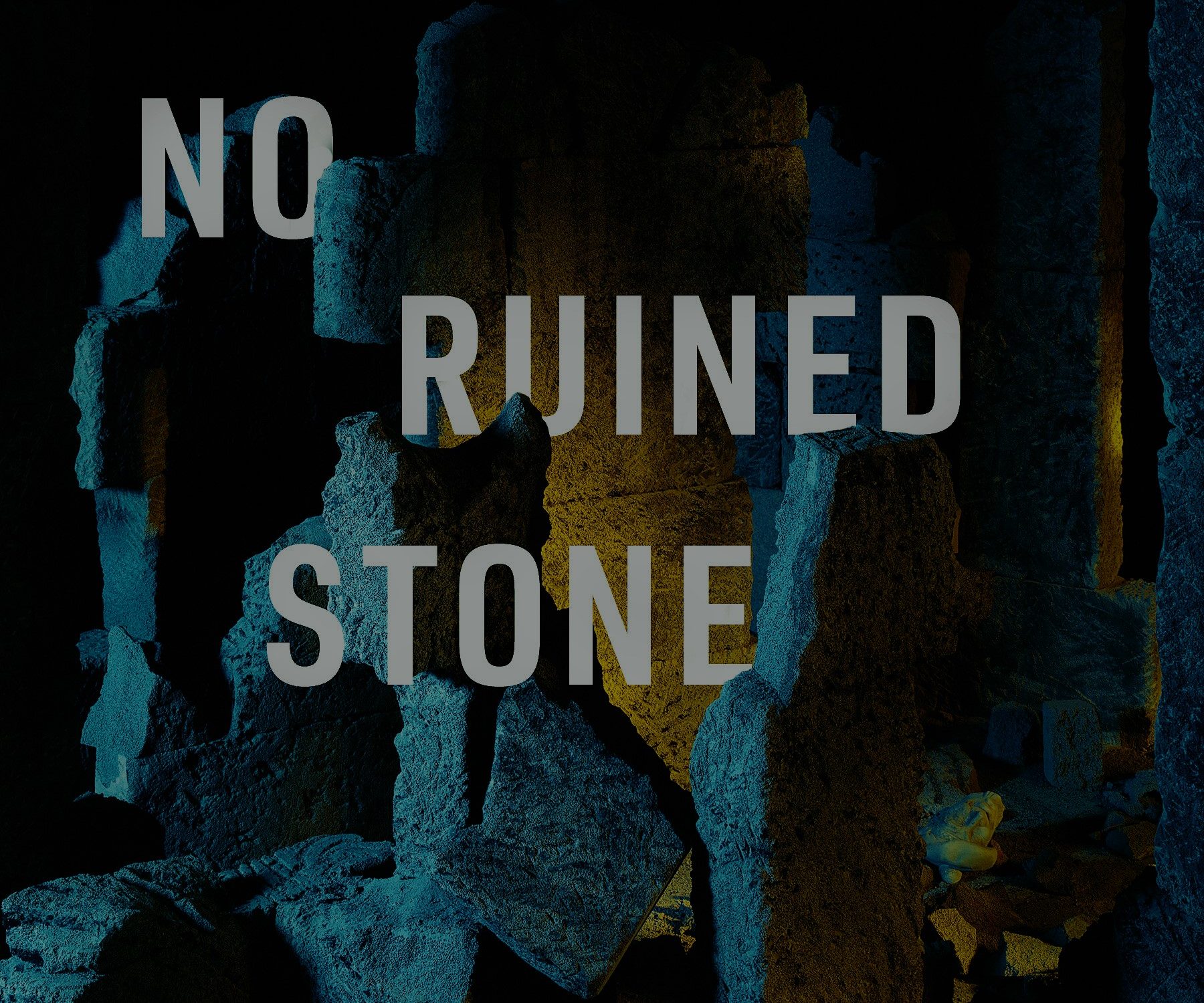No Ruined Stone, by Shara McCallum
(Alice James Books, ISBN: 9781948579193, 90pp)
Sometimes, writers buckle under the expectation that their next work should be just like their previous book. Shara McCallum has flung off these expectations and explored an exciting new direction in No Ruined Stone.
McCallum’s OCM Bocas Poetry Prize-winning Madwoman, like some of her collections before, was rich and redolent with Caribbean rhythms and accents, steeped in Jamaican patois and modern English. No Ruined Stone is a definite shift: in register, in source material. But it expands and sharpens McCallum’s preoccupation with perspective of the experiences of black women. Indeed, it may not even be a shift: it simply asks us to re-consider what is “Jamaican”, “Caribbean”, and “Scottish” in our constructions of identity and language.
The titular poem seems personal: a modern poet persona calling back to Scottish poet Robert Burns, musing over national and racial identity, and living up to the legacy of the poet who famously wrote in favour of freeing the enslaved.
But the bulk of the work is troubled by much happening offstage. Its voices are set between 1786 and 1826. Burns was once set to go to Jamaica to work on a plantation as a bookkeeper, but his first collection of poems was a hit and he never boarded the ship to take him there. In McCallum’s imagining, he has made it to Britain’s largest, most economically-important colony in the West Indies. He also fathers Agnes with an enslaved woman called Nancy, whom he leaves behind to return to Scotland.
Agnes grows up to give birth to Isabella, Burns’ granddaughter. Agnes dies in childbirth, but Isabella grows up and emigrates to Scotland with her grandmother. But unlike her grandmother, her currency for survival is passing for white.
The collection consists of several characters, calling back to each other in verse over weeks, months or years. But Burns, renamed as ‘The Bard’, and Isabella are the main protagonists. Burns is famously credited as a truth teller, but his persona in No Ruined Stone isn’t the ringing-voiced advocate of equality that his followers might recognise. Isabella is the real truth teller of the work. However, her precarious position of dubious privilege as a black woman who passes for white means that her truth-telling is reserved for us readers. She cannot say who she really is and what she really thinks to anyone she meets in the drawing rooms of Scottish society. Not even her husband knows her true heritage.
The collection unfolds like a play, deliberately so. It’s active structure immerses the reader in a living, truthful, albeit uncomfortable take on the glaring power imbalance between enslaved and slave owner, women of colour, and white men. McCallum’s writing is polished, formal, in keeping with the romantic literary register of the time. It’s beautiful smoothness and crisp form can often lull you into almost missing the painful truths of this collection of letters and soliloquies in verse.
McCallum’s writing is polished, formal, in keeping with the romantic literary register of the time. It’s beautiful smoothness and crisp form can often lull you…
Consider the following possibilities that emerge from these poems:
- that McCallum’s Burns is a product of his time who cannot bring himself to do more than write to protest the enslavement of his beloved Nancy;
- that his brother stands in for the majority of racist thought at the time: he begins a letter to Burns with this shocking statement about his black subjects: “They are good for nothing but toiling and fucking”;
- that Nancy is truly trapped and sees her mixed-race daughter and white passing granddaughter as the only means of escape;
- and that Isabella’s privilege is just as much a type of enslavement as it is the escape her grandmother hopes for: her internal struggle with identity is compounded by living in a city where her grandfather is revered for his literary genius and advocacy of the equality of all men, but she cannot claim him without exposing herself to the rabid racism of her time and the social and physical vulnerabilities that that brings.
All of it demonstrates how No Ruined Stone is a masterful, novelistic work that revels in nuance amid its rigorously-crafted verse. It is a joy to read and re-read, and will be a collection you return to more than once.
∞
∞
Desirée Seebaran is a Trinidadian writer and editor. She is an alum of the Cropper Foundation Residential Workshop for Writers (2010) and the inaugural Moko Magazine Poetry Masterclass (2018). Her poem ‘Picong’ won the 2019 Queen Mary Wasafiri New Writing Prize for poetry. Desirée is the winner of the 2021 Johnson and Amoy Achong Caribbean Writers Prize.

